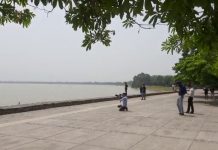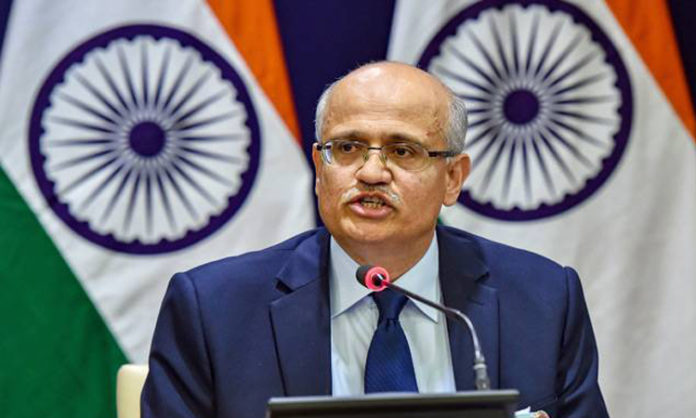New Delhi, March 13: The US has suggested that the Qadrilateral, a grouping of four democracies that purports to take on China in the disputed South China Sea, is alive.
“Recognising that the US and India share complementary visions for the Indo-Pacific, they agreed to deepen cooperation towards their joint goals in the region, including in conjunction with other Indo-Pacific partners,” said a US State Department readout after a meeting between Foreign Secretary Vijay Gokhale and US Under Secretary of State for Political Affairs David Hale in Washington.
Indian read-out
The Indian read-out too said both sides “agreed to work with each other and regional partners to promote inclusivity, stability, peace and prosperity in the region.”
The affirmation of Indo-US synergy on Indo-Pacific along with other partners comes a fortnight after a US Admiral appeared pessimistic about the future of the Quad, a US-led grouping that includes India in the second prominent role besides Japan and Australia.
Fitful existence
The Quad has had a fitful existence for over a decade and intends to preserve the existing order in the main sea lanes of communication in the region. Its sole military outing together was in 2007 but officials have kept it alive at the political level by meetings and frequent airing of the concept.
The Indian readout further said the two sides “exchanged views on building convergences in the Indo-Pacific”. The emphasis on Indo-Pacific in both Foreign Office statements comes shortly after the US twice sent long-range bombers over the disputed shoals in South China Sea.
Cross-border terrorism
The Indian statement said both sides called on Pakistan to meaningfully address the concerns of the international community on terrorism, including cross-border terrorism. But there was no mention of India’s number-one priority in the US State Department statement.
Gokhale and Hale also discussed counterterrorism cooperation and several global issues, including the current situation in Afghanistan, North Korea, Iran, and Venezuela. India is searching for a role in Afghanistan and is under pressure from the US to substantially cut back its ties with Iran and Venezuela.
The two sides also decided to intensify work on advancing initiatives undertaken as part of the 2+2 Ministerial Dialogue process.














































